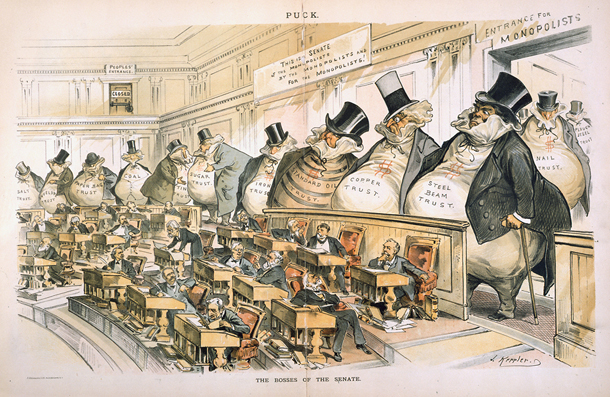As the US election cycle gets intensely underway, so will the debate on the worthiness of voting in contests that are increasingly determined by big funders and narrow special interests. Increasingly, the political process and elections outcomes are determined by the candidates’ financial resources rather than the quality of ideas he/she brings to the arena. The role of big money and corporations in elections is a burden undermining democracy itself. In such an atmosphere, and clearly rigged outcomes favoring the supremely rich and adversely affecting the regular person, how do we rationalize participation and coming out to vote? Does my vote count? Does it matter? And would it make a difference considering the odds stacked against it?
Money corrupts politics like no other force. Indeed, the Supreme Court’s decision United Citizens vs. FEC case has opened the floodgates of corporate funding and managed to reshape campaigns and push corruption to a new level. What we have is a major political battle waged by corporations and major funders reflecting their interests as aligned with either party. We have campaigns funded by corporations to secure their interests at home and abroad. We have moved from we the people hold these truths to be self-evident to we the corporations will tell you what truths you should hold to be self-evident with no taxes on the rich, no regulations on greed, and guaranteed government funding and bailout whenever needed. We have entered into a government set-up by corporations, for corporation with life, liberty, and the pursuit of happiness for the 1% while the 99% toil in perpetual debt, bondage, and servitude.
The question becomes why should we participate in elections and voting that is dominated by corporations and a few filthy rich individuals’ intent on purchasing democracy at the ballot box? “We have the best democracy that money can buy” has become the operable definition of America’s political landscape. This is further complicated with a media that is owned by corporations and serves to reflect the priorities of the 1% in its daily coverage.
Answers to the question above goes to the heart of democracy and is influencing the rising tide of extremism in the United State. The corporate and rich elites’ takeover of the political process is coupled with an insidious divide and conquer blame game. This political diversion pits racial, class, gender, religious, and immigrant groups against one another in a gladiator type of survival game where a supposed winner gets all. Yet, the game is rigged. And even when a winner emerges he/she is used as an instrument to drive further fragmentation and debate among all participants.
President John F. Kennedy said, “those who make peaceful revolution impossible will make violent revolution inevitable,” which was one way to argue for and push for change in US society during the early 1960s. This sentiment was very much evident in MLK’s work and other non-violent movements beforehand. At present, the wheels in US political, social, economic, and religious institutions are militating toward a violent clash due to a large extent to the strangulation of democracy in the country by corporate and rich elites’ financial machinery.
Yet, I argue that voting and political participation is the strategic choice that must be utilized to challenge and keep at bay the attempted hijacking of the democratic process. Calling for voting and participation should not be seen as a basic acceptance of the set norms for the democratic process and current elections which favor the corporations and the rich 1%. On the contrary, I am calling for a transformative political engagement and a voting that is rooted in resistance and a social justice based worldview. If voting is a mere entry into a civil society boxing match, then it will not change the status quo nor will it be transformative since it becomes a survival game reality show with each edged-on to eliminate the perceived other.
Voting and political participation is about protecting and promoting the common good in society. How we define the common good in civil society has likewise been hijacked by corporations: the rich elite made it equal to their narrow greed and financial interests. A common good that attends to and is merciful toward the elderly and the young, and measures success by the well-being of those less to do in the society than the ups and down of Wall Street. A common good that sees the hidden hand as a source of virtue, care, and custodianship of earth rather than an open invitation for unrestrained and destructive capitalism and militarism. A common good that measures growth of ethics in society and not one focused solely on the bottom line or by exporting jobs in order to save few pennies while managing to destroy families and communities alike. A common good that values every human being regardless of race, ethnic, gender, immigration status, or class status in society. A common good were differences are approached as a source of greater strength and possibilities for a multifaceted lens to view and solve problems.
A vote and democracy rooted in ethics and responsibility toward every member of the society is what makes for a different and transformative common good. Casting the ballot in a box is vacuous if it is not rooted in expanding the common good, solving problems, and fixing what is broken in society at home and abroad. The common good today calls for opening up the political process, expanding the right to vote, and pushing big money and corporations out of the political process. A major choice is upon us as to what type of political process we will settle for and are we able to defend the common good? Or will it be left to the vultures to feed on the corpse of civil society! The common good is about defending the highest ideals of society for no other reason than it being the good the thing to do and more so in difficult times.


